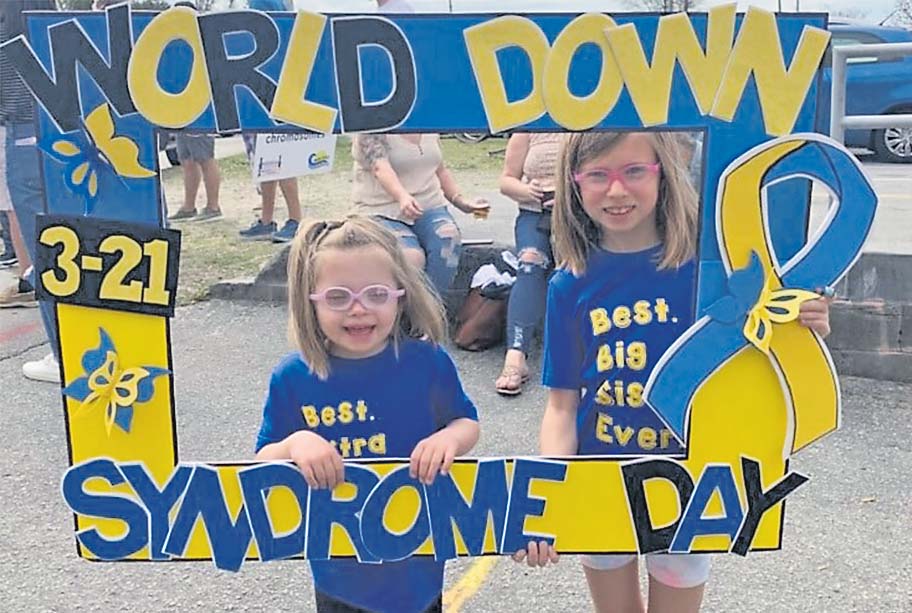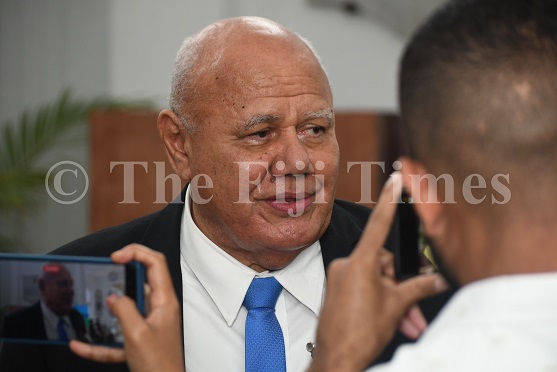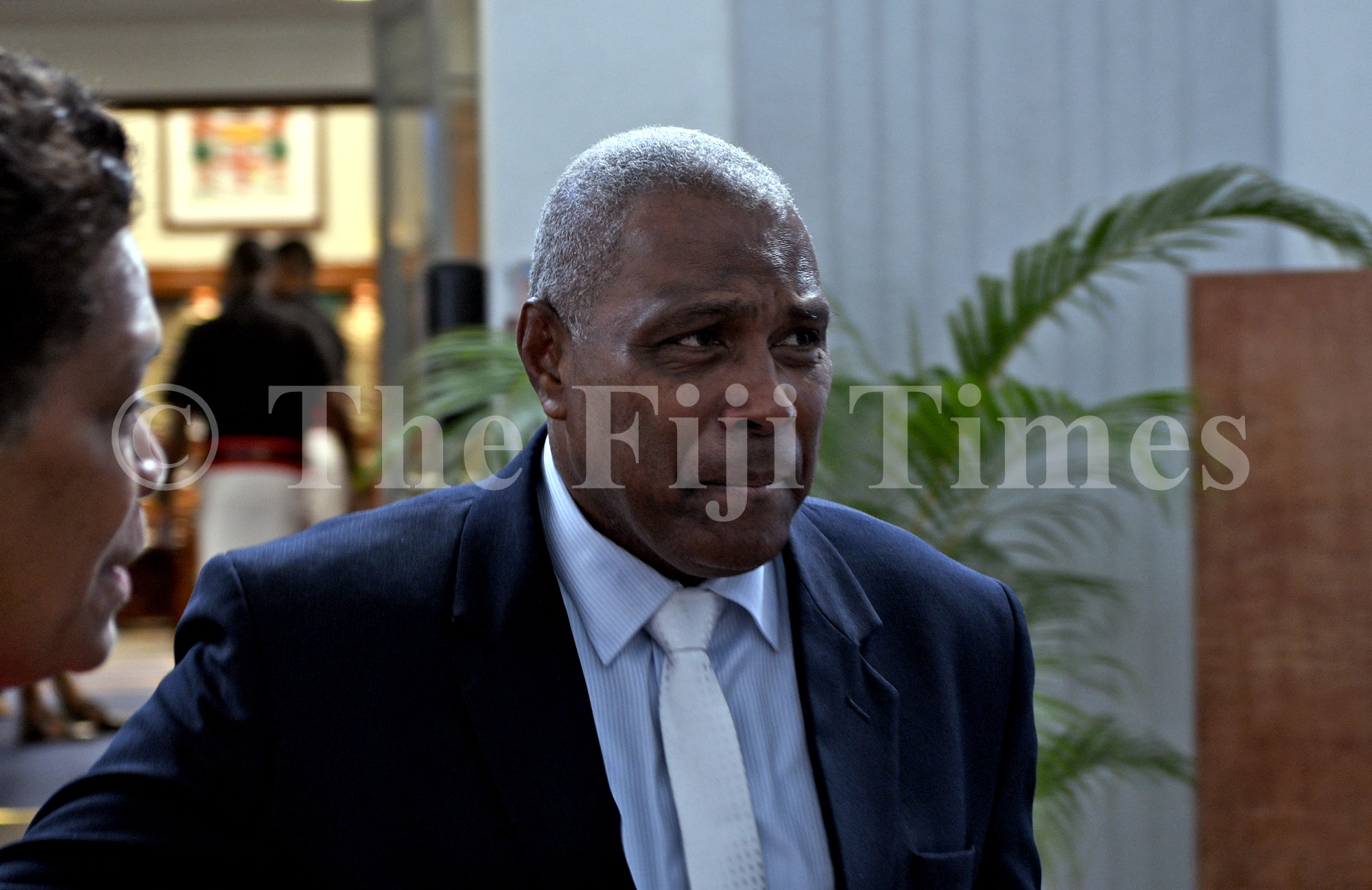Down syndrome is a genetic condition when an individual has a full or partial extra copy of chromosomes 21. It affects people of all races, genders and economic levels. This additional genetic material alters the course of development, leading to characteristics, physical features, intellectual disabilities and potential health issues. They have typically distinctive facial features, such as almond-shaped eyes, a flat Natural Bridge, and a smaller head size.
In this article, I aim to shed light on Down syndrome, dispel common misconceptions, and celebrate the unique abilities and contributions of individuals with this condition.
Firstly, it is essential to recognize that Down syndrome is not a disease but a genetic variation. People with Down syndrome, also known as Trisomy 21, may face developmental delays and specific health challenges, but they also possess distinctive qualities that keep them valuable members of society.
Medical advancements in increased awareness have improved the overall health and life expectancy of individuals with Down syndrome. Common health concerns associated with Down syndrome include heart defects, gastrointestinal issues, and increased risk of certain medical conditions. Regular medical checkups and early intervention programs are growing, and support from healthcare professionals plays a crucial role in managing this health aspect.
It’s important to note that societal attitudes towards Down syndrome have evolved, moving towards greater inclusion and acceptance. Many individuals with Down syndrome lead fulfilling lives, actively participating in education, employment and community activities. Inclusive education programs supporting environments and advocacy efforts have contributed to breaking down barriers and promoting a more inclusive society for individuals with Down syndrome.
Families’ caregivers and support networks play pivotal roles in the lives of individuals with Down syndrome. Embracing the principles of inclusion, inclusivity, shared understanding, and patience helps create environments where individuals with Down syndrome can thrive and contribute to their communities as society progresses in understanding and supporting individuals with Down syndrome. It is essential to recognize their strengths, talents and contributions. Many people with Down syndrome lead fulfilling lives specifying their interests, building relationships, and actively participating In various aspects of society. It is a testament to the resilience and potential of Down syndrome individuals with the proper support and opportunities.
Intellectual and physical characteristics associated with Down syndrome can vary widely, making it crucial not to generalise abilities or limitations that will stop alien intervention and tailored educational programs significantly contribute to the overall well-being and development of internal individuals with Down syndrome, empowering them to lead fulfilling lives.
In recent years, societal perceptions of Down syndrome have evolved positively, emphasizing inclusion and breaking down barriers. Many individuals with Down syndrome thrive in academic, professional and artistic pursuits, casting their resilience, creativity and determination. With all these thoughts, concepts and ideas in our Pacific and Fijian context, we have to harness the competency and Skills of inclusive education In our schools, communities and society.
Support and understanding from families, educators and communities play a vital role in nurturing the potential of individuals with Down syndrome. Promoting inclusivity cannot be overstated, as it fosters a sense of belonging and encourages everyone to appreciate the richness of diversity.
Championing employment opportunities for Down syndrome is another critical start of 4th stream and inclusive society. Many companies have recognised the unique skills and perspectives individuals with Down syndrome bring to the workforce, creating diverse and vibrant workplaces. In our Pacific and Fijian context, we must get this personality in the workforce. We have to make this inclusive environment in schools and pave the way for employment for individuals with Down syndrome.
Despite progress, challenges persist, including societal biases, access to resources, and misconceptions about the capabilities of those with Down syndrome. Inclusive education and awareness campaigns are essential good to continue breaking down these barriers and promoting a more inclusive and compassionate society.
In the Pacific region, including Fiji, the challenges and opportunities for individuals with Down syndrome are shaped by a unique blend of cultural, social, and economic factors. This article, furthermore, explores Down syndrome in the Pacific and Fijian context, shedding light on the experience support systems and striving towards inclusion in these vibrant communities.
The Pacific region is known for its rich tapestry of cultures, and Fiji is no exception. Traditional beliefs and cultural norms often play a significant role in shaping the perception of individuals with Down syndrome. While some communities may view diversity as a strength, others may struggle with stigmas and misconceptions surrounding disabilities. In Fijian culture, “Veilomani” (meaning the well-being of all) is deeply ingrained. This cultural value emphasises the collective responsibility of the communities to support and care for each member, including those with Down syndrome. However, despite these positive cultural values, there is still work to be done to ensure that individuals with Down syndrome are fully embraced and included in all aspects of society.
Access to quality education is a crucial factor in fostering inclusivity for individuals with Down syndrome in the Pacific. In Fiji, efforts have been made to promote inclusive education where students with diverse abilities learn side by side. It not only benefits students with Down syndrome but also creates a more tolerant and understanding society. However, challenges persist, including limited resources, specialised training for educators, and societal attitudes. Advocacy groups and organisations are working to break down these barriers, emphasising the importance of inclusive education as a fundamental right for every child, regardless of ability.
In the Pacific, family plays a central role in providing support for individuals with Down syndrome. The tight-knit nature of many Pacific communities often means that families rally together to share experiences, resources and emotional support. However, it’s essential to acknowledge that the responsibility can sometimes be overwhelming for families, and ensuring the ability of external support services is crucial.
Governments in the Pacific, including Fiji, have recognised the importance of addressing the needs of individuals with Down syndrome. Policies and initiatives aimed at promoting inclusivity, providing health care and supporting families have been introduced. Collaboration between government agencies, standard non-governmental organisations, and other private sectors is essential in creating a comprehensive support system.
While progress is being made, challenges persist, limited awareness, resources, and societal attitudes continue to hinder the full inclusion of individuals with Down syndrome. However, these challenges also present opportunities for community education, awareness campaigns, and the development of innovative solutions to address the unique needs of individuals with Down syndrome in the Pacific context.
In conclusion, understanding and embracing Down syndrome involves recognising the inherent worth and potential of every individual. By fostering inclusive environments, providing support and challenging the history of types, we can create a society that values diversity and appreciates the extraordinary contribution of individuals with Down syndrome.
Down syndrome in the Pacific and Fiji is a story of resilience, cultural diversity, woven together with the ongoing journey towards inclusivity. By understanding and appreciating the cultural nuance of advocating for inclusive education, strengthening family support networks and fostering government initiatives, Pacific communities can pave the way for a more inclusive and equitable future for individuals with Down syndrome. Embracing diversity not only enriches the lives of those with Down syndrome but also contributes to the overall fabric of Pacific societies, where every individual is valued and included in our communities and society at large.
Dr SUNIL KUMAR is assistant professor in inclusive and special education at the Fiji National University’s College of Humanities and Education. The views expressed in this article belong to the author and do not reflect the views of this newspaper.






